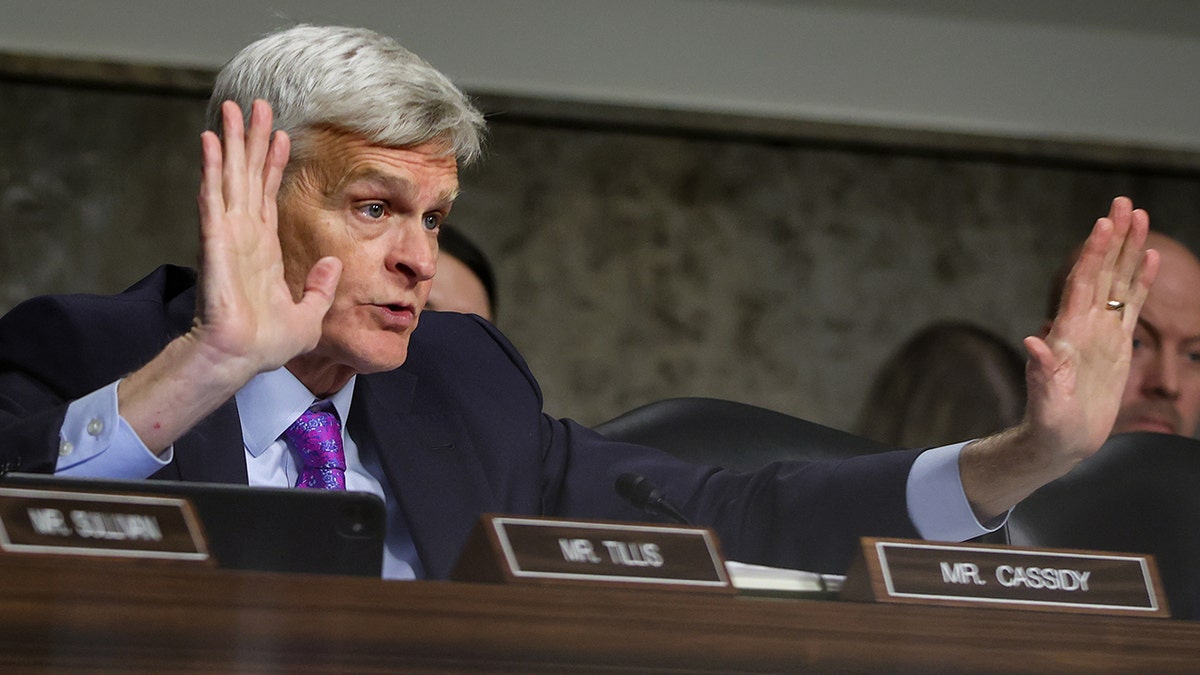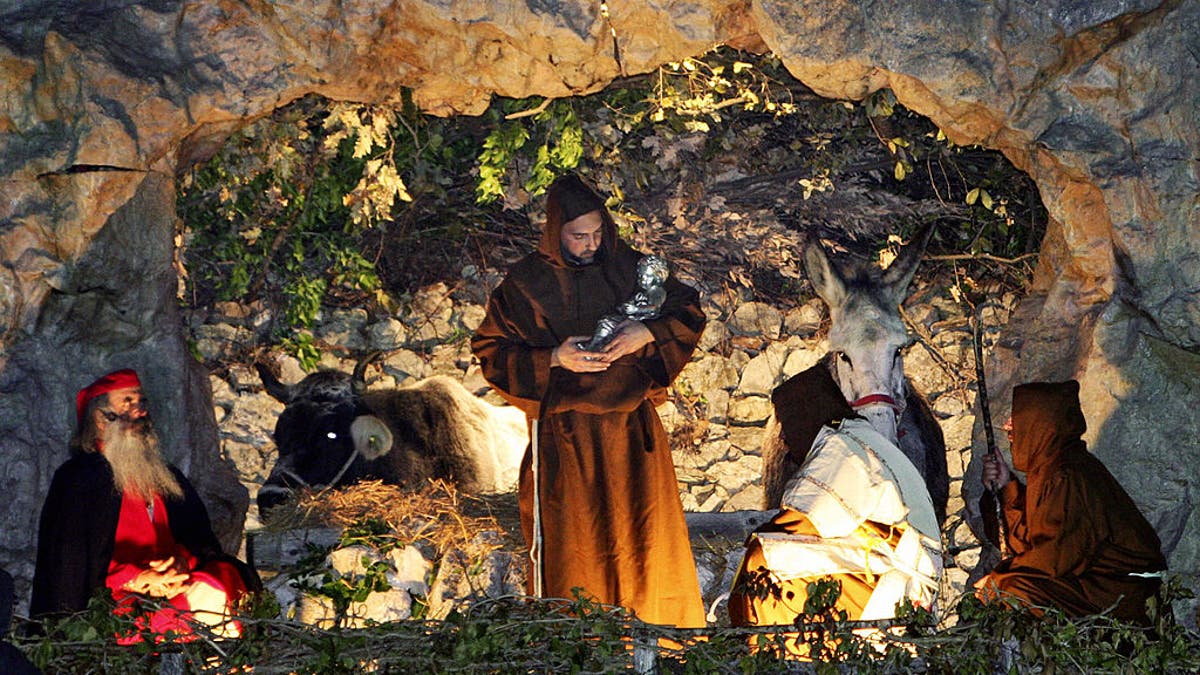In response to growing concerns about terrorism emanating from Iran and jihadist organizations, South Africa's Chief Rabbi, Dr. Warren Goldstein, has taken the proactive step of forming a specialized counter-terrorism task force. This initiative follows a recent attempted bombing at the Samson Community Center in Cape Town, a hub for various Jewish organizations. While the improvised explosive device failed to detonate, it underscored the need for enhanced security measures.
The newly formed "Counter-Terror Task Force" will focus on developing recommendations to bolster security at places of worship, schools, and community centers. Rabbi Goldstein emphasized the global nature of the threat, stating that Jewish communities worldwide are at increased risk due to state-sponsored terrorism, particularly from the Iranian regime. He stressed that the task force's findings will be applicable not only in South Africa but also globally.
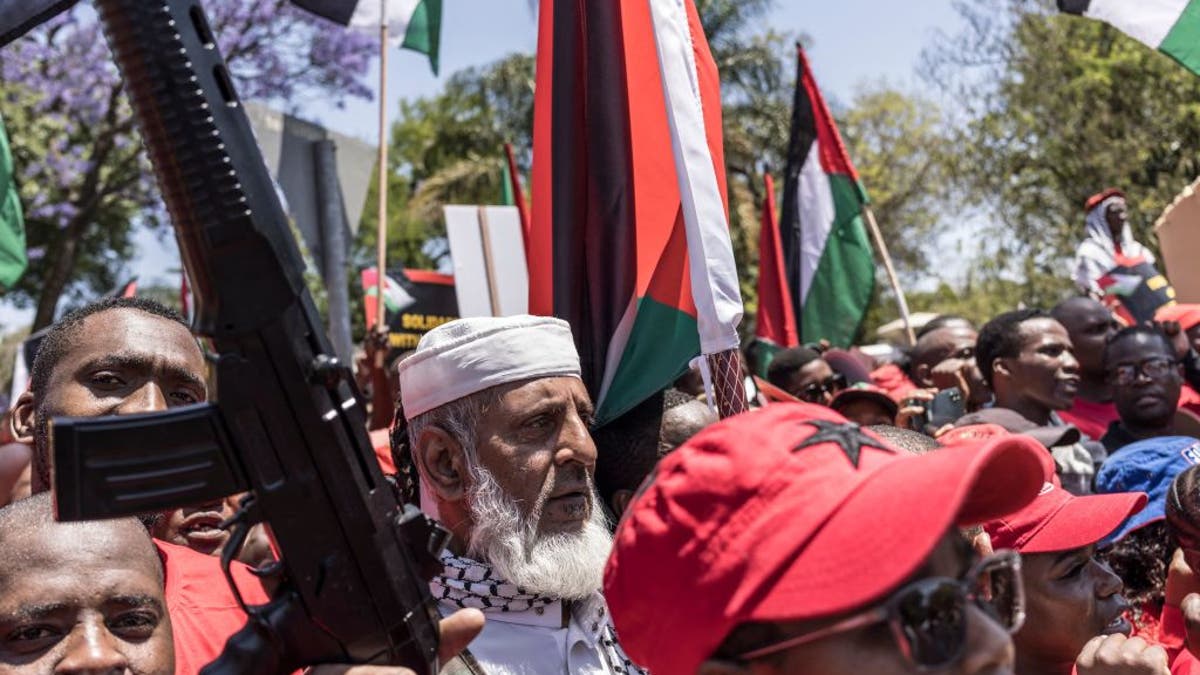
The task force boasts a roster of international security experts, including Admiral Mike Hewitt, former deputy director for Global Operations for the U.S. Joint Chiefs of Staff; Dean Haydon, former senior national coordinator for counter-terrorism in the UK; Major General David Tsur, former commander of the counter-terrorism unit in the Israeli Police; and Andre Pienaar, co-founder of South Africa’s Directorate of Special Operations. Rabbi Goldstein noted that additional resources and personnel will be brought in as needed.
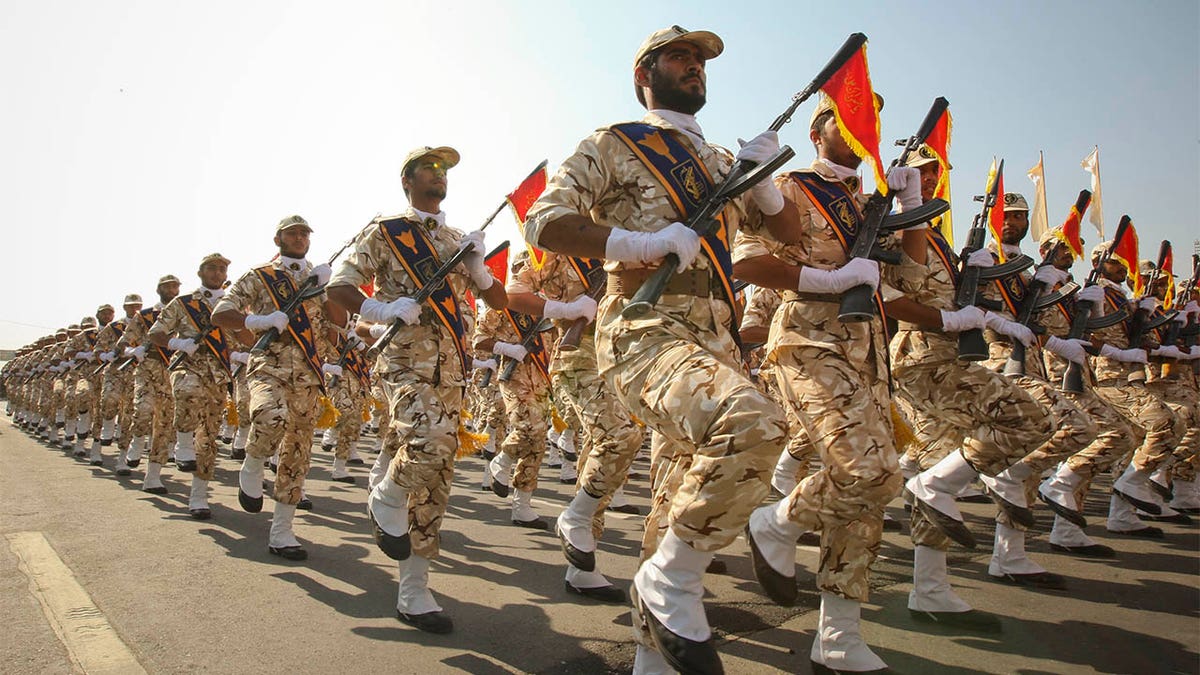
The task force's primary goal is to safeguard the South African Jewish community, but its broader aim is to improve the safety of all South Africans and citizens worldwide. Rabbi Goldstein highlighted the devastating impact of jihadist terrorism on Christian communities across Africa, where thousands are killed annually due to their faith.
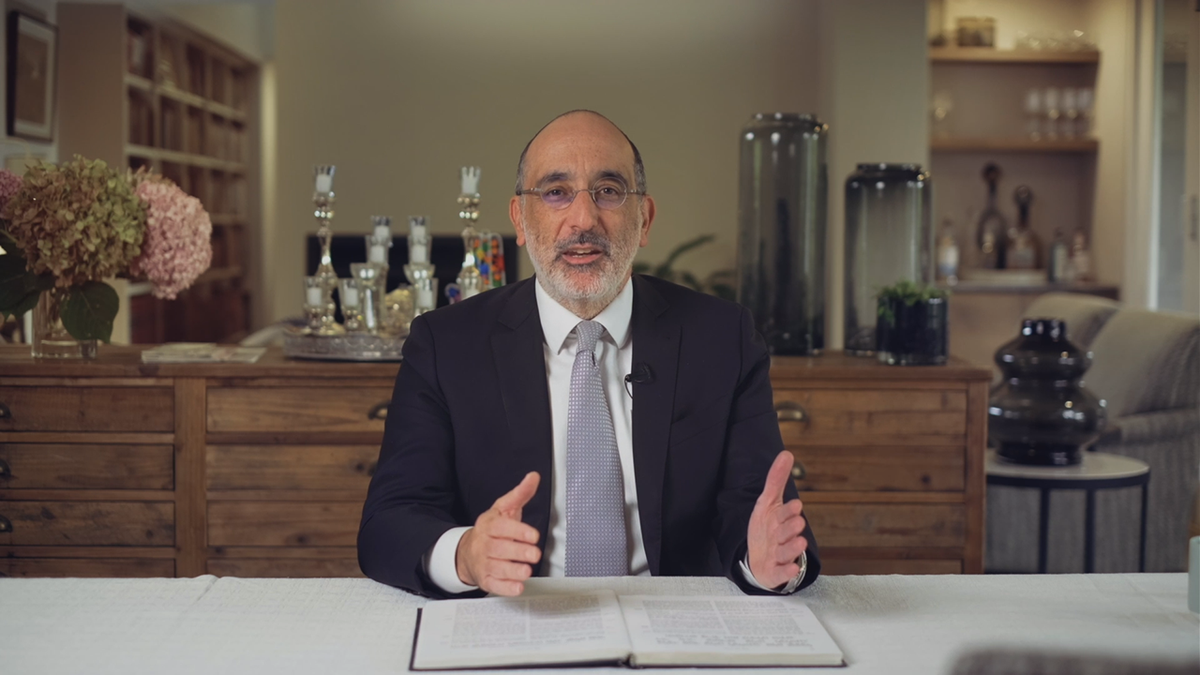
Rabbi Goldstein expressed concern over the South African government's accusations of genocide against Israel at the International Court of Justice, stating that it has negatively impacted perceptions of Jews both domestically and internationally. However, he emphasized that the government's stance doesn't necessarily reflect the views of the South African public, which generally holds moderate views on Israel. Professor Karen Milner, national chair of the Jewish Board of Deputies in South Africa, reported 128 antisemitic incidents in 2024, the second highest since 1998, with most being verbal assaults or hate mail rather than physical attacks.
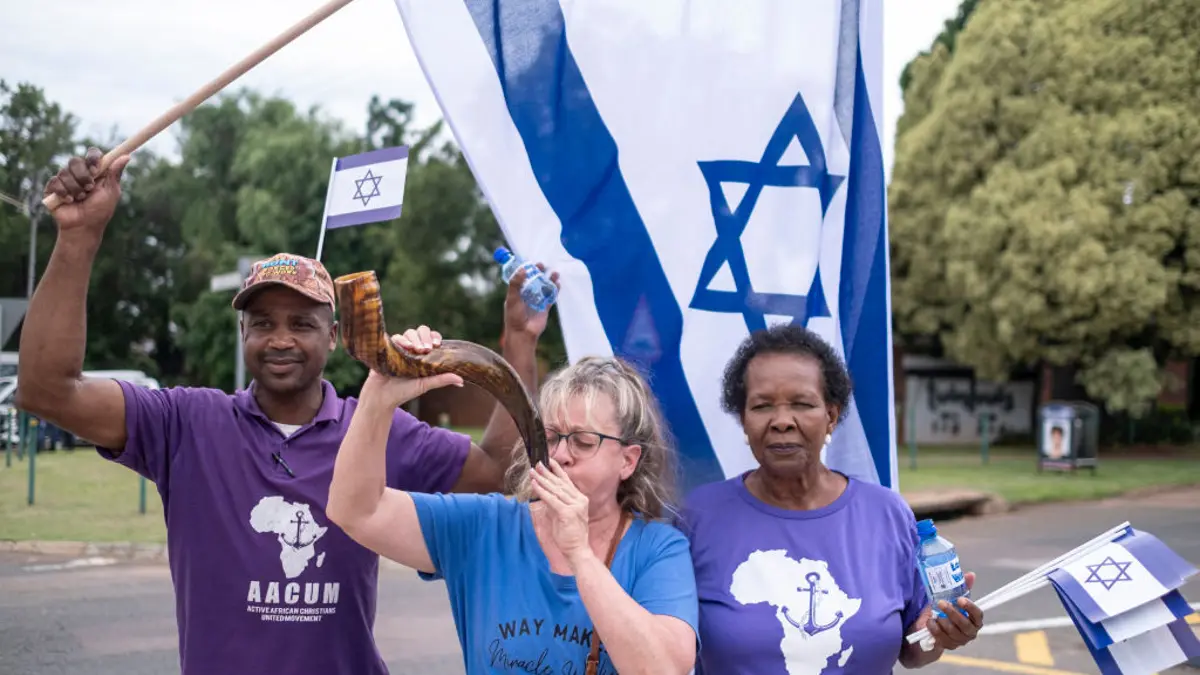
Professor Milner noted that the surge in antisemitism in early 2024 was largely a reaction to the October 7 attacks in Israel. She concluded by stating that while antisemitism exists, it is less prevalent in South Africa compared to other countries, and South Africa remains a relatively safe place for Jewish people to practice their religion.



